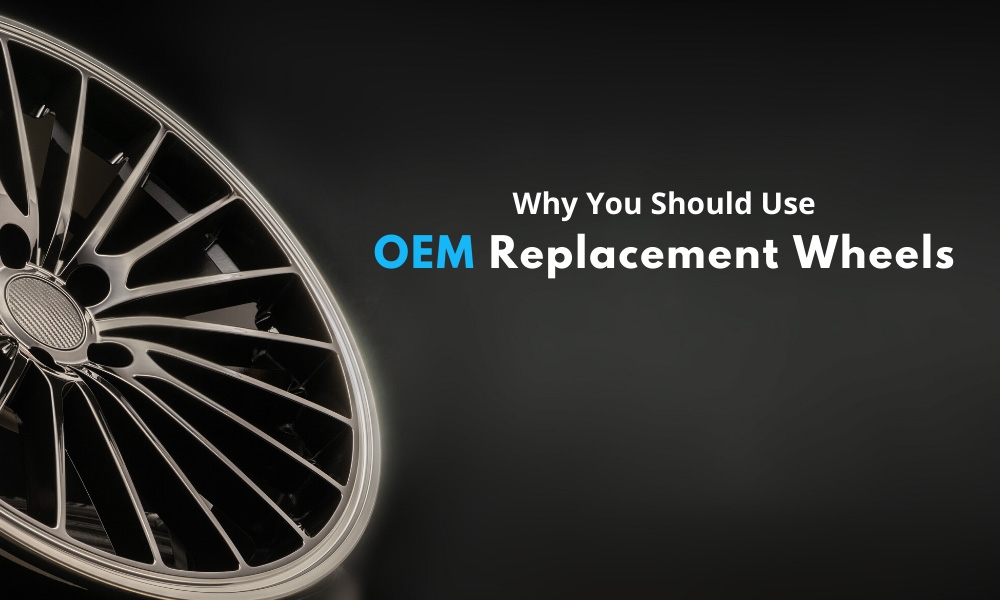
When you replace a wheel, you have to decide whether to purchase an OEM or aftermarket wheel. OEM stands for original equipment manufacturer, which essentially means that these wheels are crafted by the same company that created a specific car model. For example, a Lexus IS250 wheel is made by Lexus, while aftermarket wheels are made by a company that makes wheels for many makes and models of cars.
The main reason a consumer might choose to purchase a set of aftermarket wheels would be the price. These wheels are definitely the less expensive option, but their low price tag is possible for a reason.
OEM Wheels are Higher-Quality
OEM wheels may be the more expensive option, but this is because of their quality. These wheels are created to perfectly fit a specific car model, so they’ll directly impact the quality of your car’s performance. Since aftermarket wheels won’t perfectly fit the dimensions of a car, they can actually affect how your car drives and decrease the value of the vehicle. OEM wheels will help your car retain the value it had when it first left the dealership.
They’re Easier to Find
Aftermarket wheels require more research than their alternative. You’ll have to weigh your wheels’ specifications against a litany of generic options and try to determine which will have the best quality. On the other hand, the only information you need to purchase an OEM wheel is the make and model of your car. There’s no need to spend time sifting through several wheel options and trying to determine which will best fit your car. The only real searching you’ll do is for the best price. With OEM wheels, the quality is guaranteed.
OEM Wheels Look Better
Simply put, OEM wheels look far better than aftermarket wheels do. Aftermarket wheels can cheapen the look of even the most luxurious car model, and you’ll want to enhance the quality of your vehicle. Ultimately, the quality, measurements, and appearance of OEM wheels make them the ideal option for your vehicle.


